The major goal of every parent is to feed their baby with the food that is rich in nutrients. There is a long list of beneficial nutrients that you should know. Among all those nutrients, zinc plays a prominent role in the proper functioning of the immune system which is essential for your child to fight against the diseases.
Zinc is found in the cells all over the body and is most required for the body to stay healthy. Studies suggest that lack of zinc may make your child more susceptible to illness.
This article discusses the benefits of zinc rich foods. It presents the foods that are rich in Zinc.
What is Zinc?
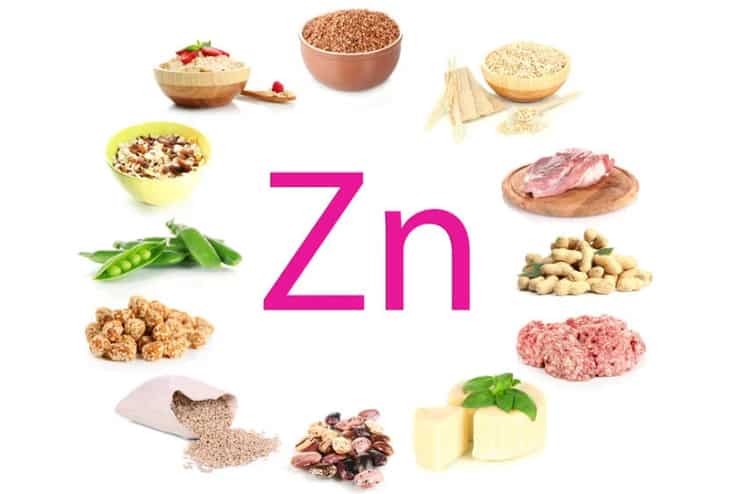
Zinc is the trace mineral that is required for the body’s defensive system to work properly. It is It plays a prominent role in the proper growth and development of reproductive organs in the body.
Benefits of Zinc Rich Foods in Kids:
 Zinc is a natural mineral that is found in many natural foods and is also available as a supplement. It is also found in some over the counter medicines for cold. Studies show that a healthy children require about 10mg of zinc per day.
Zinc is a natural mineral that is found in many natural foods and is also available as a supplement. It is also found in some over the counter medicines for cold. Studies show that a healthy children require about 10mg of zinc per day.
Here are a few benefits of zinc rich foods:
1. It manages Diarrhea:
Lack of safe water and adequate sanitization is making the diarrhea to emerge in many parts of the world especially in the low and middle income countries. World Health Organization suggests that zinc is effective in treating the diarrhea in children.
2. Zinc regulates the responses of the immune system:
World Health Organization (WHO), stated that Zinc has the active role in the biological processes including cell growth, differentiation, and metabolism. Zinc is required to activated the T-cells in the body.
T- cells are essential for the body in two ways.
● They aid and regulate the immune responses.
● They assist the body in attacking and fighting against the infected or cancer cells.
Zinc deficiency adversely affects the functioning of the immune system.
3. Enhances learning and memory:
Zinc plays a prominent role in regulating the communication of neurons among one another. It promotes the memory of the children.
4. Promotes the wound healing:
Zinc helps to keep the body healthy inside and out. It promotes the health of the largest organ in the body. i.e., skin. It is effective in dealing the scary inflammatory acne infections. Zinc is used in the creams that are used to treat diaper rashes.
Zinc has the effective wound healing properties.
5. Reduces the risk of age related chronic diseases:
Increasing the zinc supplements and the zinc content in the diet will help to reduce the risk of inflammation diseases. Its deficiency may put you at the risk of chronic diseases.
6. Helps to avoid age related macular degeneration:
Zinc protects the cells in the Retina from the damage. It delays the development of age related macular degeneration and vision loss.
7. Zinc affects the fertility:
Lack of zinc adversely affects the sperm quality. Studies suggest that the lack of zinc is the main reason for the infertility in male.
8. Helps to get relief from common cold:
Zinc is the effective home remedy to reduce the symptoms of cold in the healthy people within 24 hours. Zinc Logenzens reduces the duration of the cold. It fights against the number of respiratory infections in the children.
9. Used in the treatment of ADHD:
Zinc is the important component that enhances the metabolism of neurotransmitters. Studies suggest that Zinc is effective in dealing with the ADHD. It is investigated that children who are diagnosed with ADHD have low levels of Zinc. Zinc dietary supplementation is given during the therapy for the ADHD for the effective results.
Effects of Zinc Deficiency:

Zinc is one of the effective mineral that our bodies require to function normally. Our bodies may not require large amounts of zinc. But lack of this mineral may create several health complications.
● Severe zinc deficiency may lead to hair loss, loss of appetite, diarrhea, and delayed sexual maturation.
● Lack of zinc is associated with the various skin and eye infections.
● It may lead to loss of weight, delay in healing of wounds
People with gastrointestinal problems, vegetarians, Pregnant and lactating women are at the risk of zinc deficiency. The babies above the age of 7 months who are exclusively breastfed are also at the risk of zin deficiency as the breastmilk can not provide recommended amounts of zinc.
Symptoms of Zinc Deficiency:
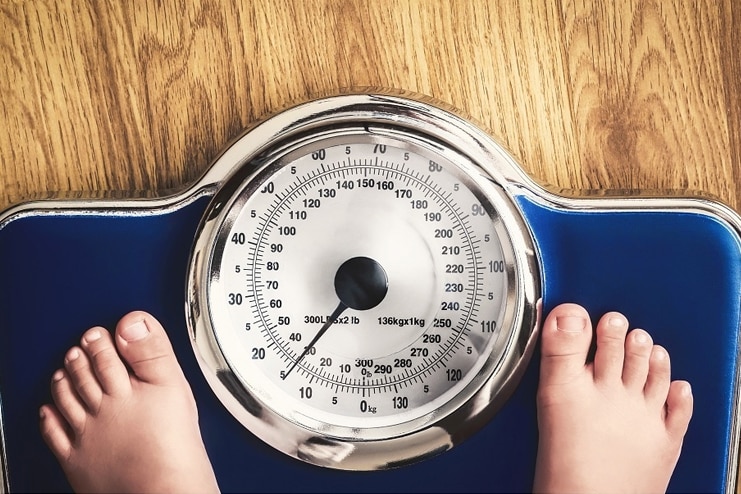
Here are a few symptoms of zinc deficiency:
● Weight loss
● Decreased immunity
● Lack of alertness and depression
● Lack of sense towards the smell and taste
● Loss of memory
● Poor night vision
● Skin infections and white spotting of nails
How Much Zinc Does Your Child Need Per Day?
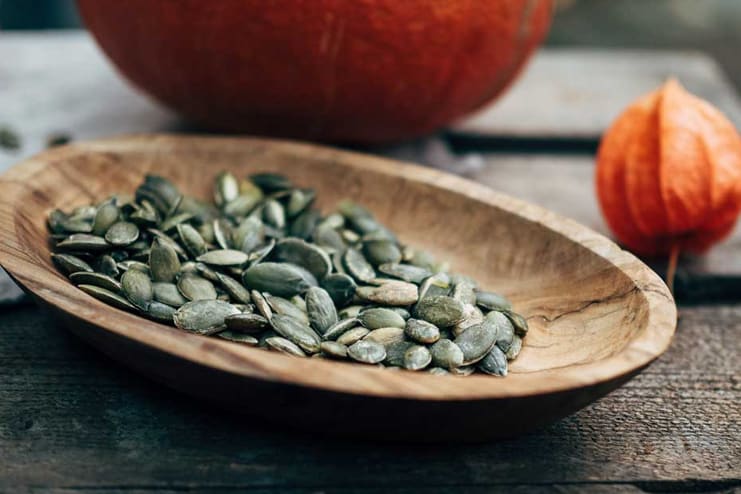
As per the National Institute of Health (NIH), the following are the recommended zinc levels as per the age.
● Below 6 months – 2mg
● Between 7-12 months- 3 mg
● Children from 1-3 years- 3 mg
● Children from 4-8 years- 5 mg
● Children between 9-13 years- 8 mg
● Boys between the ages of 14-18 years require 11mg of Zinc, whereas the teenage girls between this age group require 9 mg of Zinc.
It is not required to offer the desired amounts of zinc every day. Aim to offer zinc rich foods on an average for a period of a few days.
Zinc Rich Foods for Children:
Our bodies are not designed to store the zinc. Ensure to include zinc rich foods in your child’s diet to meet the proper nutrient requirements. Here are a few foods that are rich sources of zinc for children:
1. Meat:
 It is a good source of zinc and the best food with high zinc content. Various kinds of meats including beef, lamb, and pork are the rich source of zinc.
It is a good source of zinc and the best food with high zinc content. Various kinds of meats including beef, lamb, and pork are the rich source of zinc.
100 grams of beef contain about 4.8 grams of zinc. This quantity of meat can offer you 176 calories, 20 grams of proteins and 10 grams of fat. Excess amounts of meat consumption increase the risk of heart diseases and cancers. Reduce the intake of processed meat and increase the intake of unprocessed meat as a part of other healthy foods.
2. Legumes:

This is one of the best zinc rich foods for vegetarians. Legumes including lentils, peas, and beans are the rich source of zinc. These are the tremendous source of zinc for the vegetarian people. They also contain protein, and fiber.
Heating, soaking, sprouting, and fermenting of the legumes enhances the availability of the zinc.
3. Nuts:
 The nuts like peanuts, cashews, and almonds are the rich source of zinc. They are also a source of healthy fats, fibers, minerals, and nutrients.
The nuts like peanuts, cashews, and almonds are the rich source of zinc. They are also a source of healthy fats, fibers, minerals, and nutrients.
Cashews are the good choice when you are looking for the zinc rich foods. Research shows that 1 ounce of roasted cashew contain about 1.6 mg of magnesium.
4. Oatmeal:

Oats are scientifically known as Avena Sativa. Both oats and oatmeal offer many health benefits including weight loss, lower blood sugar levels, and reduced risk of heart disease. They are the rich source of vitamins, minerals, and antioxidant plant compounds.
Instant oats are the processed form of oats and take very less time to cook. It gives a mushy texture when cooked. They can be induced in the baked foods including granola bar, and cookies.
5. Yogurt:
 It is a diary product obtained from the milk. Yogurt is delicious and a rich source of zinc.
It is a diary product obtained from the milk. Yogurt is delicious and a rich source of zinc.
1 cup serving of low fat milk fulfills 7 percent of daily needs. It is recommended to add the low fat or fat free milk to the smoothies, and oats. You can top the yogurt with fresh fruits before offering to your baby.
6. Dark Chocolate:
 Dark chocolates are the best ever favorite food for children. It helps to keep you away from the risk of heart attacks, high blood pressure, stroke, and diabetes.
Dark chocolates are the best ever favorite food for children. It helps to keep you away from the risk of heart attacks, high blood pressure, stroke, and diabetes.
Dark chocolates contain more nutrients than milk or white chocolate. Make sure to allow your child to have limited amounts of dark chocolate. Too much of dark chocolate consumption may cause many unpleasant experiences like indigestion, headache, and heartburn.
7. Whole Grains:

It is a rich source of fibre, vitamins, and minerals. Fiber rich foods help in promoting digestion. Fibers offer a wide range of health benefits.
½ cup of brown rice fulfils 4 percent of your daily needs and a slice of bread fulfils about 3 percent of daily needs.
8. Seeds:
 Seeds like heap, pumpkin, squash, and sesame seeds are the rich source of zinc. They also contain some amounts of fats, and fiber.
Seeds like heap, pumpkin, squash, and sesame seeds are the rich source of zinc. They also contain some amounts of fats, and fiber.
● 100 mg of pumpkin seeds contain about 7.99 mg of zinc
● 3 tablespoons of hamp seeds are known to meet about 31 to 43% of daily needs.
9. Eggs:
 This is one of the best zinc rich foods for toddlers. Eggs contain moderate amounts of zinc and help to meet our body’s daily needs.
This is one of the best zinc rich foods for toddlers. Eggs contain moderate amounts of zinc and help to meet our body’s daily needs.
Eggs are the source of an important nutrient called choline, which most of the people are getting short of. One large egg fulfills about 5% of your daily needs. You can start feeding eggs to your child from the age of 1 year.
10. Some Fruits and vegetables:
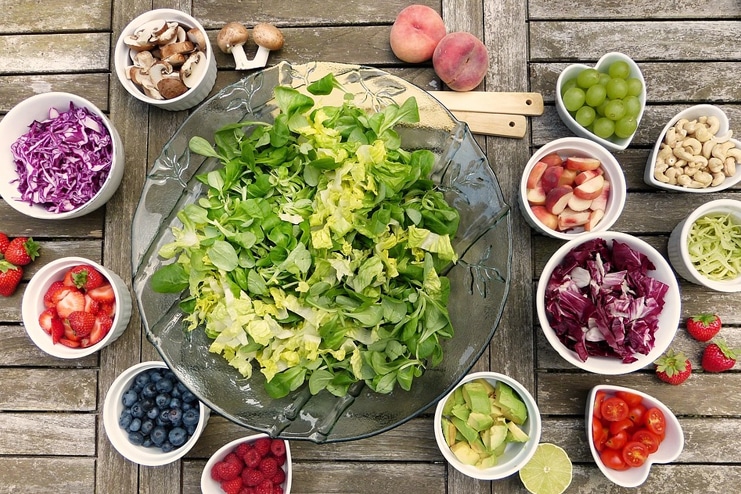 Generally, fruits and vegetables are regarded as the poor source of zinc.
Generally, fruits and vegetables are regarded as the poor source of zinc.
For vegans, some of the vegetables help to meet the zinc demands of the body. One large potato of either sweet or regular can meet the 9% of daily demands of zinc. Vegetables like green beans and kale contribute to 3% of daily needs.
Are Zinc Supplements necessary for your child?
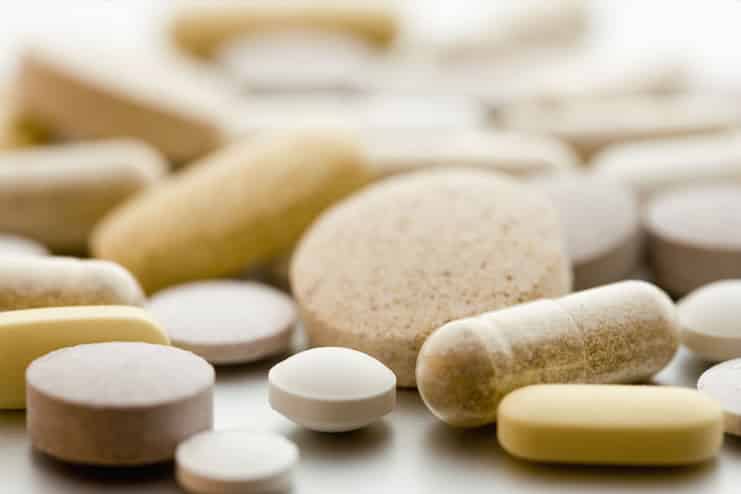
If your child has lack of zinc levels, then it is advisable to give zinc supplements. The zinc supplementation should not exceed the Recommended daily allowance (RDA).
Zinc supplements are the effective medical interventions to deal with the diarrhea, and respiratory infections in your child. Studies proved children who had a dose of 10 mg of zinc for 24 days experienced a net gain of 0.37 cm in height.
Cautions while giving Zinc Supplements to your child:
Here are a few things that you should know when you are planning to give zinc supplements to your child.
● If the zinc supplements exceed the recommended intake levels, it may increase the blood cholesterol level and the infections.
● It may offer some adverse effects on interaction with medications such as immunosuppressants, blood pressure drugs, and antibiotics.
● Don’t use the zinc supplements for the children below the age of 18 years without doctor consultation.
● Aware of the side effects like vomiting, nausea, diarrhea, and abdominal pain.
In conclusion, children require many nutrients for the proper physical and mental growth. Make sure to offer your child a diet that is rich in essential nutrients. It is more important to know the required daily allowance of each nutrient to secure your child from the risk of side effects.








































